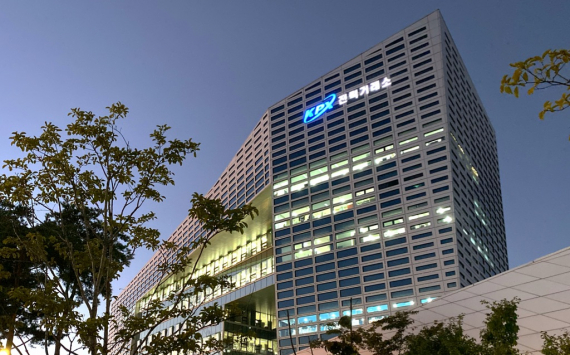
Compensation from South Korea
The International Centre for Settlement of Investment Disputes (ICSID) has ordered the Republic of Korea to pay $216 million to US-based Lone Star Funds.
Investment firm Lone Star Funds filed a lawsuit in this World Bank arbitration court in 2012, demanding $4.6 billion in compensation because of the South Korean regulator's actions. According to Lone Star Funds' position, the "deliberate and unreasonable" delay by the authorities in approving the lucrative sale of the bank resulted in the breakdown of the arrangements and significant financial losses for the company.
In 2003, the US company acquired the now-defunct Korea Exchange Bank for 1.38 trillion won (about $1 billion). In 2007, Lone Star Funds was going to sell the commercial institution for 5.9 trillion won, but due to a delay in approval, the deal did not go through. Later in 2012, the bank was sold to another company for 3.9 trillion won.
The South Korean side insisted that the company was treated fairly and equitably and that all procedures were conducted in accordance with international norms and local laws. According to Seoul, there were justifiable reasons for the delayed decision, including allegations of stock market manipulation against Lone Star Funds.
As noted, the South Korean public has been following the case, as it is widely believed among residents that the US company made a large sum of money by taking advantage of the country's difficult situation after the 1997-1998 Asian financial crisis. In addition, current Prime Minister Han Duck-soo worked as a consultant for a law firm representing Lone Star Funds from 2002 to 2003.






